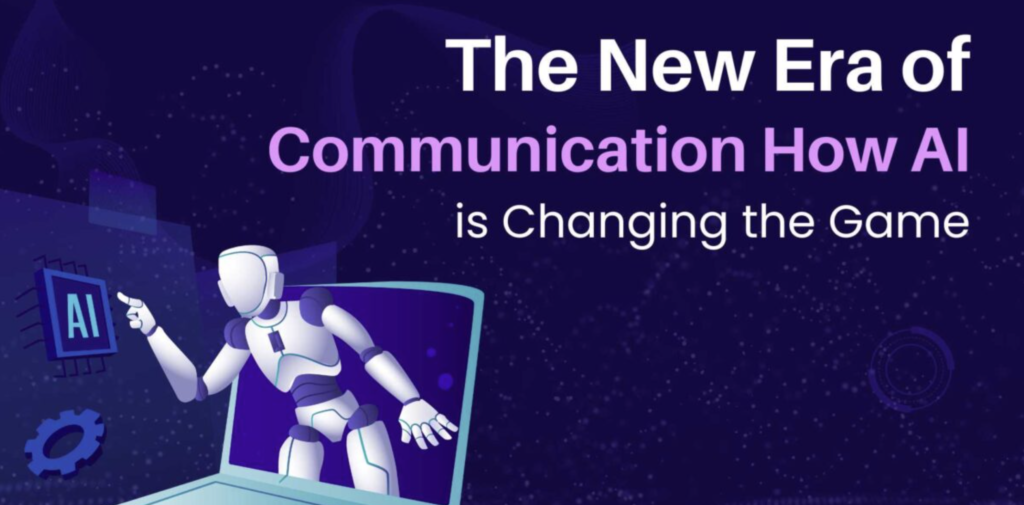
Artificial Intelligence (AI) is transforming the gaming industry, opening doors to hyper-personalized experiences, smarter NPCs, and new creative possibilities for developers and players alike.
From adaptive gameplay to procedurally generated worlds, AI is changing how games are designed, played, and even monetized. Game studios are increasingly integrating machine learning models to analyze player behavior, allowing for real-time difficulty adjustments and dynamic storytelling that evolves based on choices and interactions.
«AI is helping us build games that learn from players, not just about them,» says Sarah Kim, lead developer at PixelForge Studios. «This means no two players will experience the exact same game.»
Non-player characters (NPCs) are also benefiting from AI advancements. Instead of relying on scripted paths and repetitive dialogues, NPCs are now capable of responding to players in more natural and intelligent ways, creating richer and more believable worlds.
AI is also being used to reduce development time and costs. Tools powered by generative AI are assisting designers in creating textures, animations, and even code snippets, accelerating production cycles and fostering innovation.
On the competitive side, AI-driven anti-cheat systems are becoming more sophisticated, helping maintain fairness in online multiplayer environments. Meanwhile, AI coaching tools analyze gameplay data to help players improve their skills.
However, the rapid rise of AI in gaming also raises concerns around data privacy, job displacement, and ethical implications in content generation. Industry leaders are calling for clear guidelines and responsible use as the technology continues to evolve.
One thing is certain: AI is no longer just part of the game—it’s changing the game.


